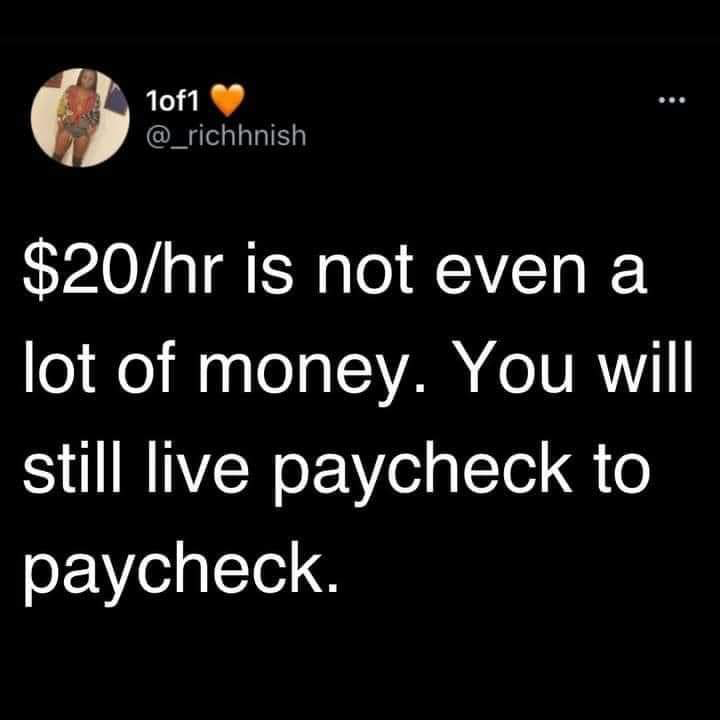The prospect of a second year of the pandemic loomed over my first pandemic winter. There was some hope of vaccines making things semi-livable again, but we weren’t quite there yet. I was still working from home, enjoying having back 2 hours a day that I used to spend commuting. And I got the time to scratch the itch of putting writing in motion again. I ended up reading a lot because of that.
The social media algorithms sent me an ad for a writer’s workshop. Remote. Hmmmm. About the equivalent of half a month’s pay, but run by folks who knew what they were doing, were people who had published, had edited, and had represented people making money at writing, not just writing to write.
I threw my hat into the application process. I’ve read Westlake, this was no Super Star Music Co, but I was under no illusion that if I did have a smidge of promise I’d get in, if not in the first round of acceptances, then maybe a later one as the first picks changed their minds. It was not a “I’ll take this workshop and come out a published novelist!” plan at all. Just a way to dust the rust off and connect comfortably and remotely.
I took a few hours locked away to write up up a dystopian YA novel scene (I didn’t know I was a decade too late) of overthrowing the government using an army of [two groups of unlikely people] and their friendly neighborhood [plot devices].
Well enough received. That writing snippet and half a paycheck later, I sat down to start writing a YA novel for this workshop. The first class was the second week of January, but we were already doing our warm up work when I woke up to write on Wednesday, January 6th. 2021.
None of us got a lot of writing done that week. Instead, we were immersed in the news. I metaphorically tore up my book and went in a completely different direction. I wrote a pandemic novel, instead, which, of course, I was assured no one would be buying.
But even to write that novel, I had to read more. I re-reviewed The Hunger Games (Suzanne Collins), and picked up the Legend series by Marie Lu to strengthen my dual narratives game. (not a referral link, just a store I’ve shopped from in the past https://www.oldfirehousebooks.com/book/9780142422076).
Did the workshop the last of that winter and early spring. Wrote and read my book, read everyone else’s book, even if pandemic novels weren’t selling. And maybe they aren’t, but I got that book out of my system, at least. It’s due a big rewrite, but that’s on hold until I get something more marketable done.
Reading those other novels, both yet-to-be-published and new-to-me helped me derive how to tell that story. The feedback helped that story and hopefully future ones I tackle.
Taking the workshop got me out of my rut of “someday” into “why not now”?
It also led me to reading other novels outside of my usual realm, to bring me up to speed on how we tell stories today, and how we can tell them tomorrow. Just like our musical preferences are burned in in our youth, our reading preferences are, too. But we don’t have to stay stuck there.
Spring 2021 Reading List:
- Legend – series by Marie Lu (dual voice)
- Detroit Free Zone – series starting with Minimum Wage Magic by Rachel Aaron (urban fantasy)
- Hunger Games – series by Suzanne Collins (dystopian – got people reading like the JKR stuff did)
- Vicarious – Rhett C. Bruno (I picked it up for Wil Wheaton’s performance and dual voice)
- The Salvage Crew – Yudhanjaya Wijeratne (first person new world, spawned off of Vicarious)
- When I Was a Loser: True Stories of (Barely) Surviving High School – John McNally
- Departures – E. J. Wenstrom (I thought dystopian was over?)
- Uglies – series by Scott Westerfeld (suggested by a fellow reader and writer)
- Chronicles of the third realm war – series E. J. Wenstrom (feeling completist)
- The Emily Starr Series – series – L.M. Montgomery (feeling nostalgic for east coast mayo bootstrap stories)
- Amari and the Night Brothers – B.B. Alston (I think I need to reread this as I’m drawing a blank)

